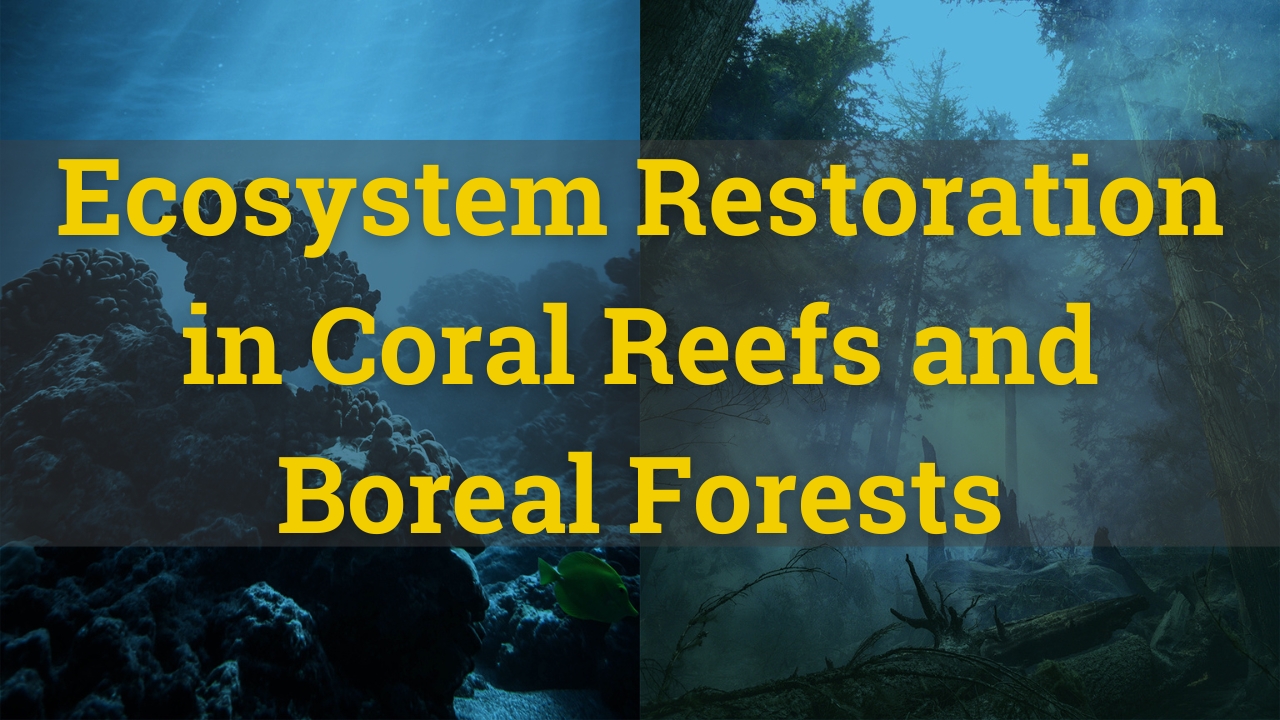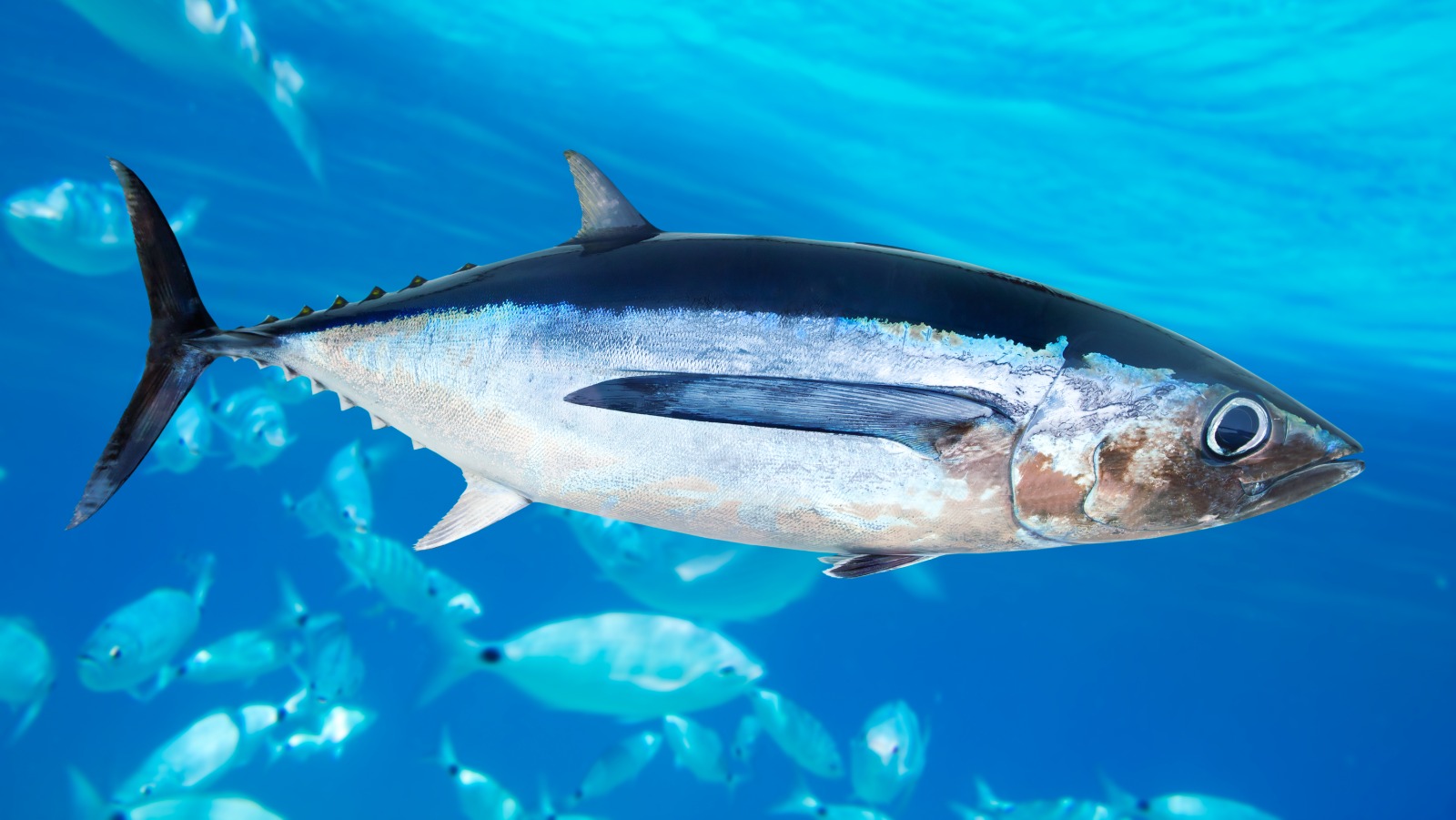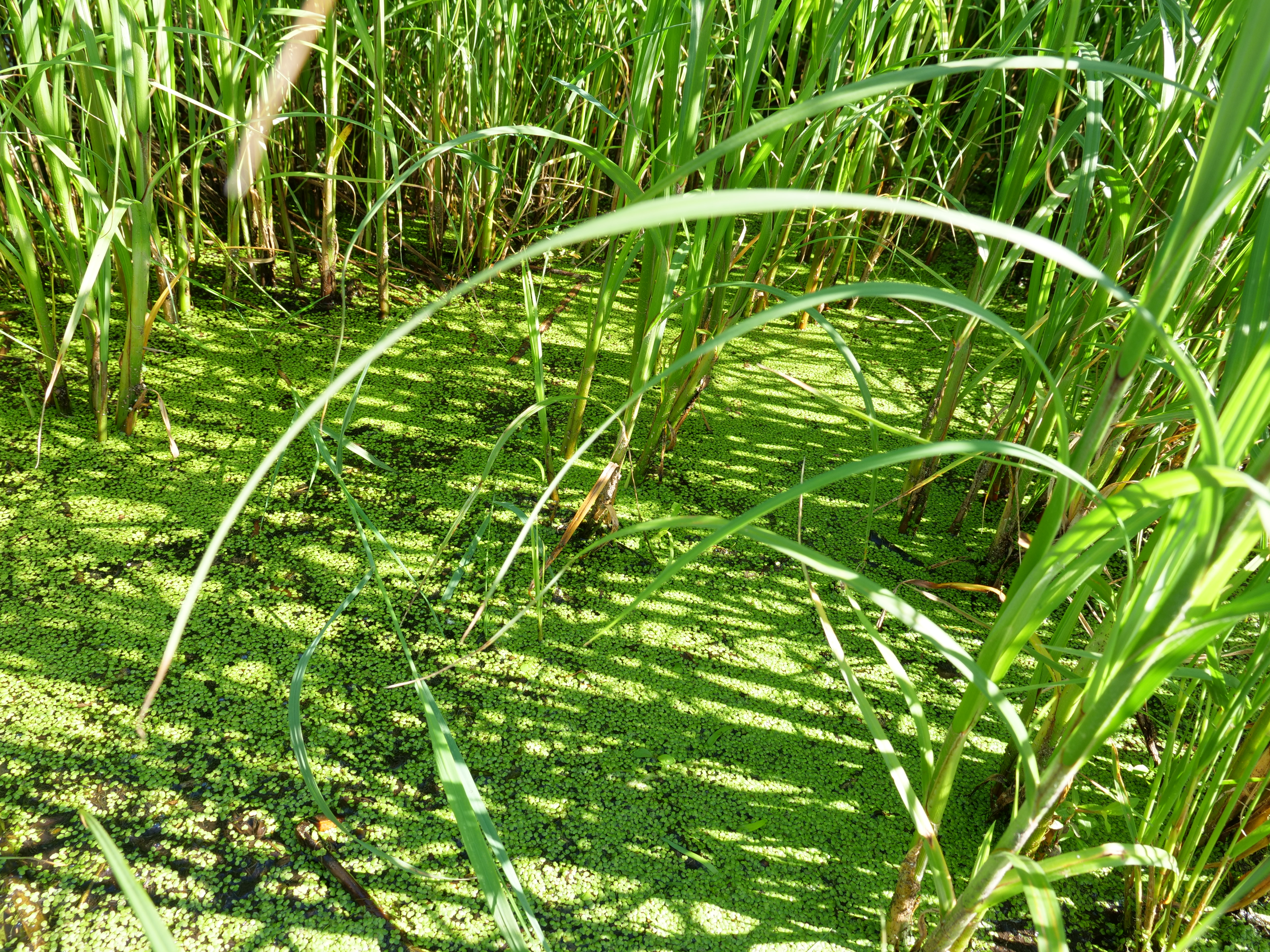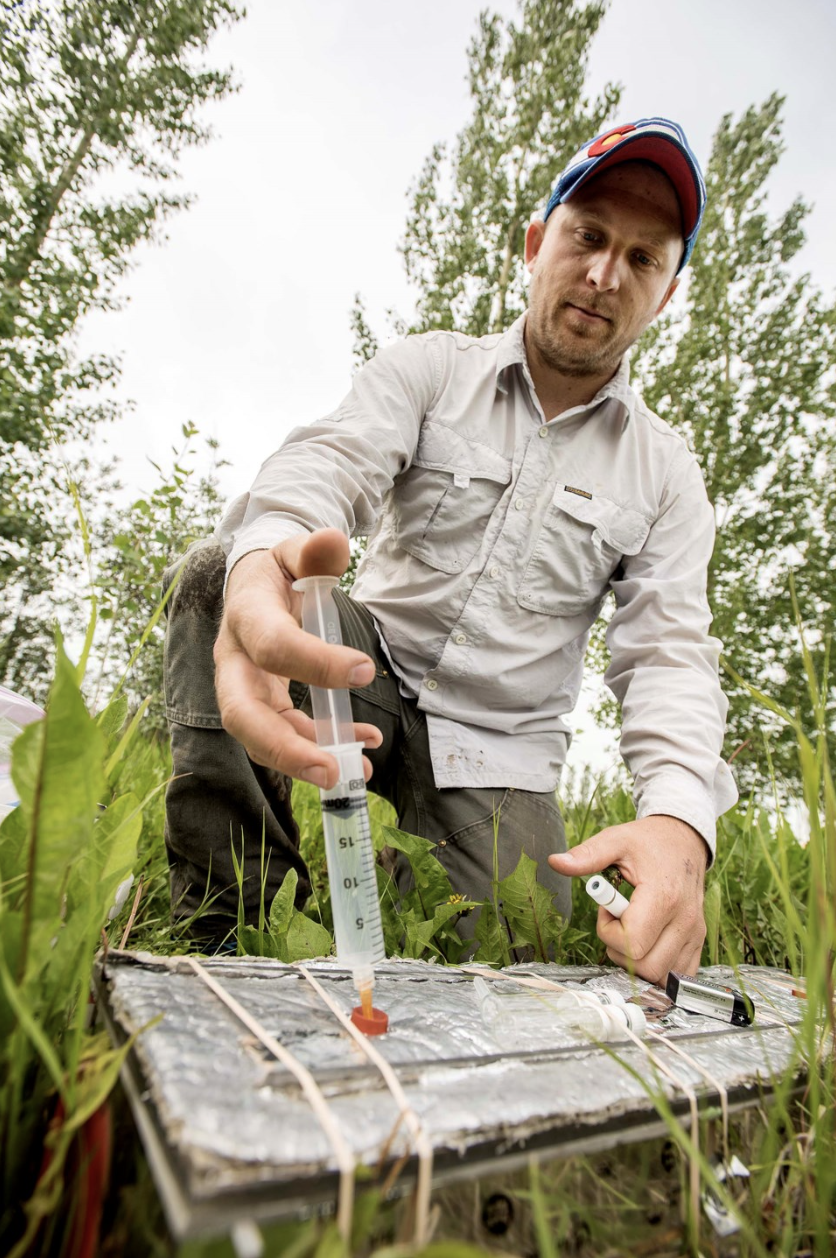Sample Courses
Videos
research impact
For the period 2018-2022
№ relevant publications: 663
№ times cited: 7,003
Source: InCites
NEWS
Institutional Stewardship Initiatives

The benefits of a Water Conservation Initiative include less water drawn from lakes and rivers, less wastewater production, decreased demand for wastewater treatment, and reduced GHG emissions and energy use (University of Alberta, Water Management Plan, 2021)
Seafood Certifications
To help ensure that seafood served at the U of A is sustainably harvested, Dining Services has chain-of-custody certifications from the Marine Stewardship Council (MSC) and Aquaculture Stewardship Council (ASC) through their contract with Aramark. Meals in Lister Hall and Peter Lougheed Hall may include certified basa, cod, haddock, pollock and sole.
Water Quality Treatment
EPCOR treats all water discharged from the University of Alberta before it enters surface waters. The water treatment process ensures that water quality meets standards indicated in the EPCOR Drainage Services Bylaw and the Government of Alberta’s Environmental Quality Guidelines for Alberta Surface Waters. This ensures that water discharges maintain sufficient quality to protect ecosystems, wildlife and human health.
Research institutes, centres & projects
Science for (sea) change
Faculty of Science professor Stephanie Green fell in love with the sea at the Bamfield Centre. Now she runs her own research program and teaches about climate change and oceanic restoration at the U of A.
The Molecular Biogeochemistry Lab
The Molecular Biogeochemistry Lab engages in research that is rooted at the nexus between two primary disciplines: organic geochemistry and microbial ecology. This emphasis is by design, as the scientific questions we are most drawn to revolve around carbon dynamics and the hydrological and microbial systems that govern them on a variety of spatial and temporal scales. The Molecular Biogeochemistry Lab does research that investigates how Arctic ice melt runoff will affect the makeup of coastal waters.




